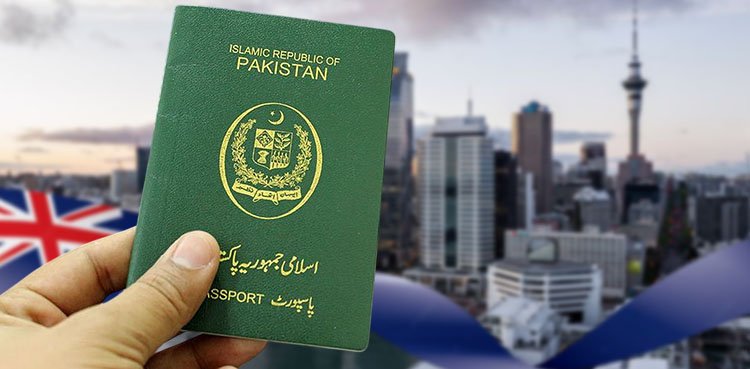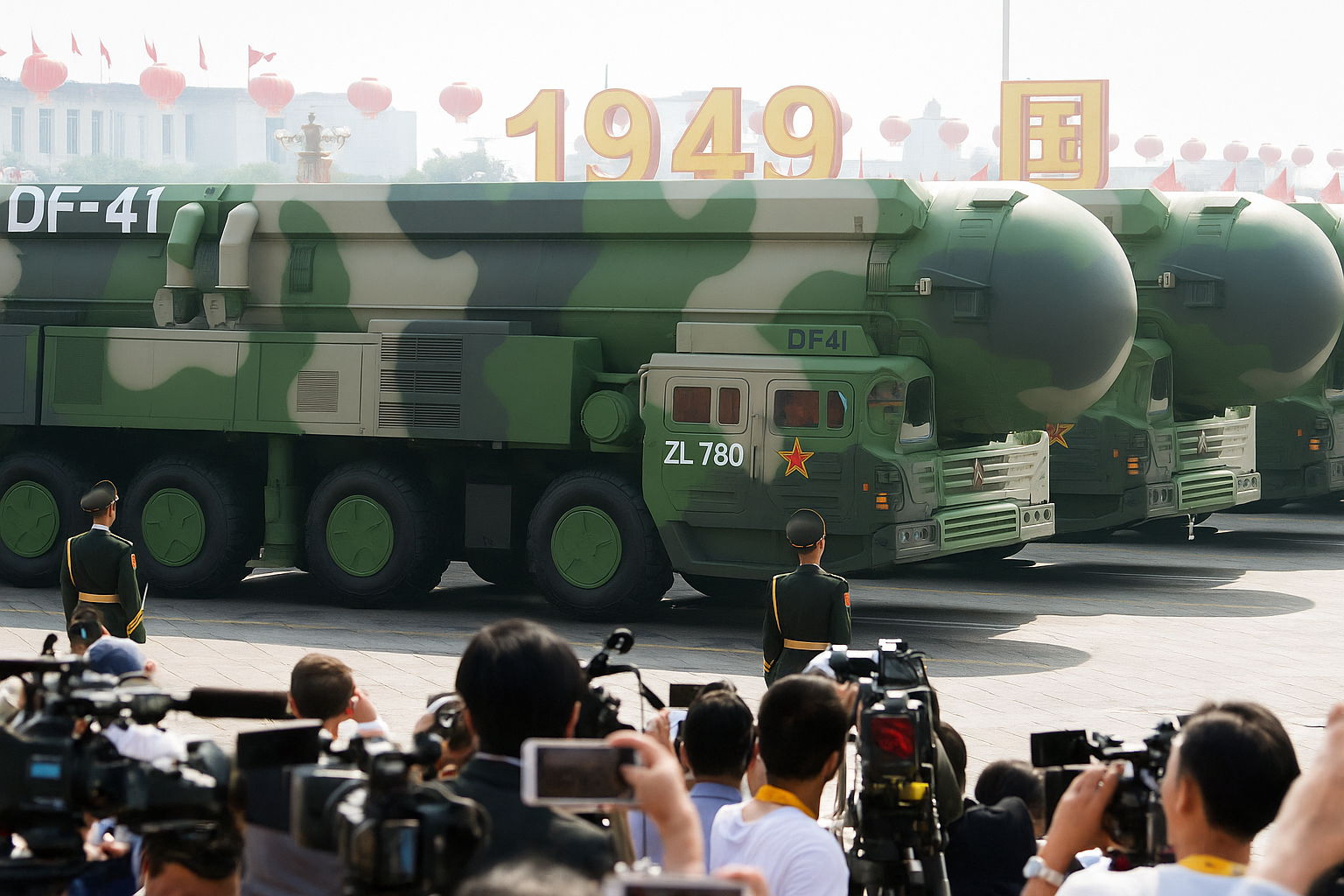The announcement of Belgium Palestine Recognition has sparked wide discussion across Europe, the Middle East, and international diplomatic circles. Belgium is now preparing to formally acknowledge Palestine as a sovereign state, a decision that comes at a time of heightened conflict and renewed debate over the two-state solution. This move places Belgium in line with several European nations that have already extended recognition, such as Sweden, Ireland, and Spain, while adding momentum to global campaigns demanding justice and equality for Palestinians.
The Belgium Palestine Recognition debate highlights not only Belgium’s internal political and humanitarian commitments but also the contradictions within the European Union regarding foreign policy in the Middle East. To fully understand the significance of this development, it is essential to examine Belgium’s motivations, the broader context, and the implications for diplomacy worldwide.
Background of Belgium’s Position on Palestine
Belgium’s Historic Neutrality
For decades, Belgium maintained a cautious approach to the Israeli-Palestinian conflict, often supporting UN resolutions but stopping short of unilateral recognition. The Belgium Palestine Recognition initiative signals a departure from this restrained position.
Parliamentary Debates on Recognition
Over the past ten years, Belgian lawmakers have repeatedly debated Palestine’s status. Although motions for recognition were previously delayed, strong support among Belgian civil society and political leaders paved the way for today’s decision.
Role of the European Union
As a founding member of the EU, Belgium’s foreign policy often aligns with Brussels. Yet, the Belgium Palestine Recognition announcement also reveals divisions within the EU, where member states remain split over how to approach the conflict.
The Global Momentum for Palestine Recognition
European Examples
Sweden recognized Palestine in 2014, followed by parliamentary motions in Ireland, Spain, and Norway. The Belgium Palestine Recognition move adds weight to this growing European trend.
United Nations Efforts
The UN General Assembly has repeatedly voted in favor of Palestinian statehood. Belgium’s recognition aligns with global calls to honor international law and the right to self-determination.
Positioning in International Diplomacy
The Belgium Palestine Recognition step could inspire other hesitant EU nations to reconsider their positions, potentially reshaping Europe’s role in Middle East peace negotiations.
Five Powerful Reasons Behind Belgium Palestine Recognition
1. Humanitarian Concerns and International Law
Belgium has long advocated for human rights globally. The Belgium Palestine Recognition decision is framed as a humanitarian necessity, acknowledging decades of displacement and occupation faced by Palestinians.
2. Commitment to the Two-State Solution
Belgium argues that recognition strengthens the possibility of two states living side by side. Without formal acknowledgment, the two-state vision remains hollow.
3. Pressure from Civil Society and Human Rights Groups
Belgian NGOs, student organizations, and human rights groups have lobbied heavily for recognition. Their influence played a crucial role in accelerating the Belgium Palestine Recognition agenda.
4. Alignment with EU Democratic Values
Belgium often emphasizes international law and democratic governance. Recognizing Palestine reinforces its credibility as a principled EU member that acts in line with stated values.
5. Strengthening Belgium’s Global Diplomatic Credibility
By pursuing Belgium Palestine Recognition, Brussels aims to position itself as a moral voice in international diplomacy, potentially bridging divides between Western nations and the Global South.
READ MORE:
https://freedompakistan.com.pk/
Blind Spots and Challenges
Pushback from Israel and Allies
Israel has strongly opposed unilateral recognition, warning of strained ties. The Belgium Palestine Recognition initiative may complicate Belgium’s relations with both Israel and the United States.
Internal Political Divides
While progressive parties support recognition, some conservative groups in Belgium argue it could disrupt trade or security partnerships. This division makes the Belgium Palestine Recognition a politically sensitive step.
Impact on EU Unity
The European Union has failed to adopt a united stance on Palestine. Belgium’s recognition risks widening internal EU rifts over foreign policy alignment.
Contradictions in International Reactions
United States and Western Allies
The U.S. remains committed to negotiations before statehood recognition. Belgium’s decision could strain transatlantic diplomacy, making Belgium Palestine Recognition a point of contention in NATO discussions.
Arab League and OIC Response
Arab and Muslim-majority nations have warmly welcomed Belgium’s move, seeing it as a moral step toward justice for Palestinians. This reaction highlights the global divide in viewing the Belgium Palestine Recognition.
EU and NATO Split
While some EU and NATO allies privately support recognition, others worry it will fuel instability. The contradictions expose Europe’s lack of cohesion on Middle Eastern policy.
Implications for Palestine and the Middle East
Diplomatic Leverage for Palestinians
The Belgium Palestine Recognition strengthens Palestine’s legitimacy in international forums, providing a stronger platform for negotiations.
Impact on Aid and Peace Talks
Recognition may open doors for more structured development aid, while also raising pressure on Israel to return to negotiations.
Symbolic vs. Practical Outcomes
Although symbolic recognition boosts morale, the Belgium Palestine Recognition move must be paired with concrete policies to effect change on the ground.
The Road Ahead
Encouraging Other EU States
Belgium’s recognition could inspire nations like France and Germany to reconsider their positions. If more EU states follow, the Belgium Palestine Recognition could spark a wider European shift.
UN Security Council Debates
Belgium’s move is expected to influence upcoming UN discussions on Palestine, possibly renewing international focus on peace resolutions.
Balancing Symbolism and Policy
For the Belgium Palestine Recognition to matter, Belgium must also support practical steps—such as peace negotiations, humanitarian aid, and sanctions against violations of international law.
Conclusion
The Belgium Palestine Recognition is more than a symbolic gesture—it is a declaration of Belgium’s commitment to justice, democracy, and the two-state solution. While it faces challenges and contradictions, the move marks a significant shift in global diplomacy. By recognizing Palestine, Belgium adds momentum to international efforts for peace and could inspire a domino effect across Europe.
However, recognition alone will not resolve decades of conflict. For Belgium Palestine Recognition to truly matter, it must be followed by concrete actions that bridge divides and push both Israelis and Palestinians toward a just resolution.
Historical Context of Palestine Recognition
Global Efforts Since 1947
-
UN partition plan and early recognition by Arab states.
-
Why Belgium Palestine Recognition comes decades later.
European Shifts Over Time
-
From hesitation to growing momentum across Europe.
-
Comparison of Belgium’s timing with Sweden, Ireland, Spain.
Domestic Politics Driving Belgium Palestine Recognition
Role of Belgian Parliament
-
Key parties that lobbied for recognition.
-
Opposition arguments inside parliament.
Civil Society Pressure
-
Belgian universities, labor unions, and NGOs’ campaigns.
-
How grassroots movements shaped Belgium Palestine Recognition.
Economic and Trade Implications
Impact on Belgium-Israel Trade
-
Current trade ties and what recognition might change.
-
Boycott, Divestment, Sanctions (BDS) debates in Belgium.
Palestine-Belgium Economic Links
-
Aid, development projects, and new trade potential.
-
Why Belgium Palestine Recognition could unlock EU-level funding for Palestine.
Diplomatic Ramifications Beyond Europe
Influence on Global South
-
How Latin America, Africa, and Asia might react.
-
Why Belgium Palestine Recognition strengthens South-South diplomacy.
UN and International Law
-
How recognition boosts Palestine’s UN status.
-
What Belgium’s move means for the International Criminal Court (ICC).
Humanitarian Dimensions
Belgium’s Humanitarian Track Record
-
History of Belgium in international aid.
-
Why recognition fits Belgium’s humanitarian image.
Palestinian Humanitarian Crisis
-
Gaza blockade, West Bank settlements, refugee struggles.
-
Why Belgium Palestine Recognition matters to ordinary Palestinians.
Media and Public Opinion
Belgian Media Coverage
-
Headlines framing the recognition as “justice delayed.”
-
Opposition editorials calling it “symbolic.”
International Media
-
Arab and Western media contrasts.
-
How Belgium Palestine Recognition dominates global narratives.
Challenges Ahead
Risk of Diplomatic Isolation
-
How Israel may downgrade relations with Belgium.
-
U.S. possible pushback.
EU Unity Problem
-
Why Belgium Palestine Recognition risks fragmenting EU foreign policy further.
Comparisons with Other Recognitions
Sweden 2014 Recognition
-
What Sweden’s recognition achieved (and failed).
-
Lessons for Belgium.
Ireland and Spain 2024 Moves
-
New wave of European recognitions.
-
Why Belgium Palestine Recognition is part of this domino effect.
Future Prospects for Peace
Palestinian Leadership Reactions
-
Statements from Mahmoud Abbas, Hamas, and other groups.
-
Why Belgium Palestine Recognition could empower moderates.
Israel’s Political Climate
-
Hardline vs moderate responses.
-
How recognition pressures Israeli leadership.
Conclusion: Symbolism and Real Impact
-
Balance between symbolic victory and practical outcomes.
-
Why Belgium Palestine Recognition is both a moral statement and a potential diplomatic game-changer.












